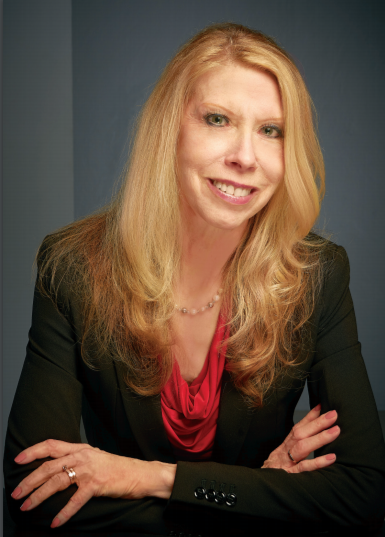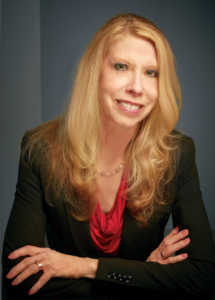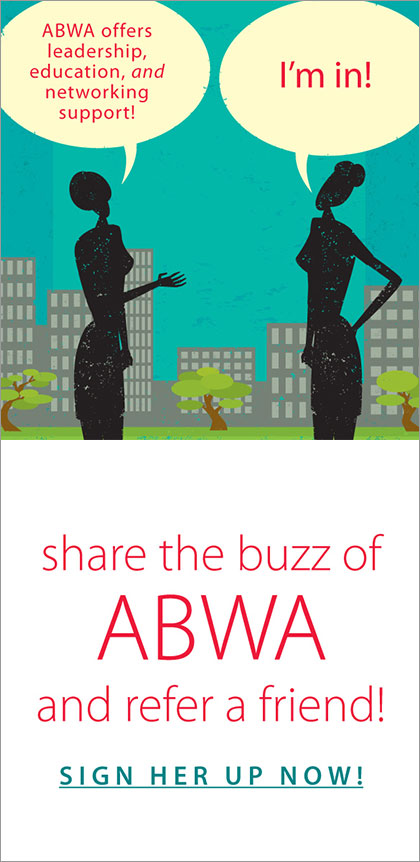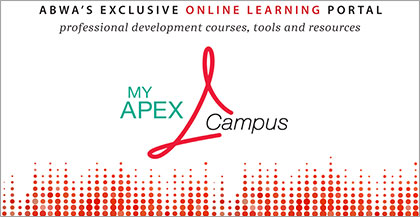
Understanding and Selling to Generation Z
Generation Z comprises your newest group of customers and employees. But how much do you know about those who were born after 1995? To understand Generation Z, let’s compare them to the other four generations of people that preceded them who may be currently buying from or working for you.
Matures – born before 1946
These people could be your parents, grandparents or even your great-grandparents. They tend to be task oriented. Matures believe in rules of conduct and respect for authority. When they were young, they did not question; they simply did as they were told. Society was characterized by a militaristic, top-down structure. After all, many matures grew up during World War II or the Korean War. Members of this generation, for the most part, want conformity and rules.
There has always been inter-generational conflict. Members of the next generation (Baby Boomers) probably approached Matures with “You know, maybe there is a better way to do things.” Matures likely responded with, “No! This is the way has always been done. And it always will be done this way!”
Baby Boomers – born between 1946 and 1964
Most members of the next generation of employees desire meaningful work, and to have a bottom-line impact on the success of the organization. But they also want praise, recognition and appreciation for their extra hours and hard work, as well as the resulting financial rewards that accompany them. Boomers live to work.
In general, this generation is probably the most materialistic of the five. The attendees of my workshops theorize as to why the generations act the way that they do. One attendee speculated that Baby Boomers are so materialistic because many of their parents, who were Matures, struggled financially while they were growing up. Therefore, Matures instructed their Baby Boomer sons and daughters, “We don’t want you to deal with the hard times that we had to endure. Go make something of yourselves!” So Boomers did.
Generation Y – born between 1965 and 1980
Many of my attendees who are Gen Y feel like they are the forgotten generation. “Everybody seems to talk about Baby Boomers and Millennials,” they say. “Nobody seems to ever mention us.”
Like the Baby Boomers, most of Generation Y wants meaningful work. But with that desire comes an important caveat: they also desire a healthy work-life balance. They want relaxed dress codes, flexible leave policies and a freedom to do their job. Finally, they want a boss who is sensitive to their need for work flexibility and family values.
Millennials – born between 1981 and 1995
The next group is currently the largest generation in the workforce. Millennials (or Generation Y), for the most part, want to participate on a variety of substantial, important projects, which will allow them to learn and use new skills, especially their technical skills.
Millennials desire work that is personally rewarding. Because, unlike Baby Boomers who live to work, Millennials only work to live. They believe in Y.O.L.O. – you only live once – so you need to experience all that life has to offer, especially outside the job. This generation likely wants a boss who is more like a coach or mentor; they dislike bosses who are formal or hierarchical.
Some interesting facts about Millennials …
What percent of today’s adults are currently married with children compared to Baby Boomers of the same age? Baby Boomers – 50% whereas Millennials – 12%
What percent of Millennials expect to stay on the job for less than three years? 91% – which will translate into 15 to 20 jobs over their working lives
Where do Millennials want to live? 41% say in or near the cities
Generation Z – born between 1996 and the present
- It would be a mistake to think of this most recent generation as simply “mini-Millennials,” since they have characteristics that are uniquely their own.
- Gen Z is the most ethnically diverse generation. By 2020, nearly half of America’s youth will belong to a minority race or ethnic group. They tend to notice diversity only when it is lacking.
- Also by 2020, Generation Z will account for 40% of all consumers.
- Millennials are spenders, whereas Generation Z are much more cost-conscious. In fact, many of this generation prefers to shop in stores. They like to feel and see products in person. They want to make sure that they’re buying something high-quality.
- When Millennials were in middle and high school, brand names were all the rage (think Abercrombie & Fitch); Generation Z worries more about the economy and world ecology.
- When it comes being online, Millennials were born into the Internet; Generation Z has mastered the Internet. In fact, 40% of Generation Z said that working Wi-Fi is more important than operational bathrooms because teenagers spend an average of nine hours a day on social media. (Does your business have a social media presence to reach your next generation of customers?)
- Generation Z multitasks on five screens, not just one or two. As a result, Gen Z’ers have an attention span of about seven seconds. They experience F.O.M.O., which is a Fear Of Missing Out.
- Nine out of ten teenagers watch YouTube daily, and almost half “can’t live without it.” In fact, one of my attendees is a teacher. She told me that her students “don’t watch broadcast TV. No, they have influencers on YouTube that they follow. Every Thursday evening at 7:30, for instance, a particular social media celebrity will release a new episode. And they’ll be there to watch it.”
- Generation Z wants to know that brands financially support the same causes they do. They love to know that their purchases are making a real difference. And if Gen Z’ers can help produce or create the marketing message, they will be more responsive to it.
- When it comes to a career, 60% of Generation Z want their jobs to impact the world. Whereas Millennials are looking to get enough experience to beef up a resume and then move on, 75% of Generation Z would rather stay at the same company, but have different roles; perhaps serving stints in marketing, then accounting, then HR.
- Do you realize that 44% of recent college grads are employed in jobs that don’t require a college degree? 75% of Generation Z say there are other ways of getting a good education, rather than going to college, getting a degree and, with it, a boat-load of debt.
- According to Adecco, their number one aspiration after college is not to find the ideal job, as a Millennial might typically say, but instead to simply be financially stable.
- Millennials are collaborative; Generation Z is competitive. They saw their parents struggle through the recent recession enough to realize that in real life, (unlike what many Millennials might have been led to believe growing up) not everybody gets a trophy. As a result, 77% of Generation Z expects that they will need to work harder to achieve success than any previous generation.
About the Author
Ted Janusz, MBA, CSP is a Certified Speaking Professional who has delighted audiences for more than 5,000 hours, in 49 of the 50 United States, in Canada from Halifax to Vancouver, in Australia, Mexico, and Puerto Rico. Learn more at www.januspresentations.com.








